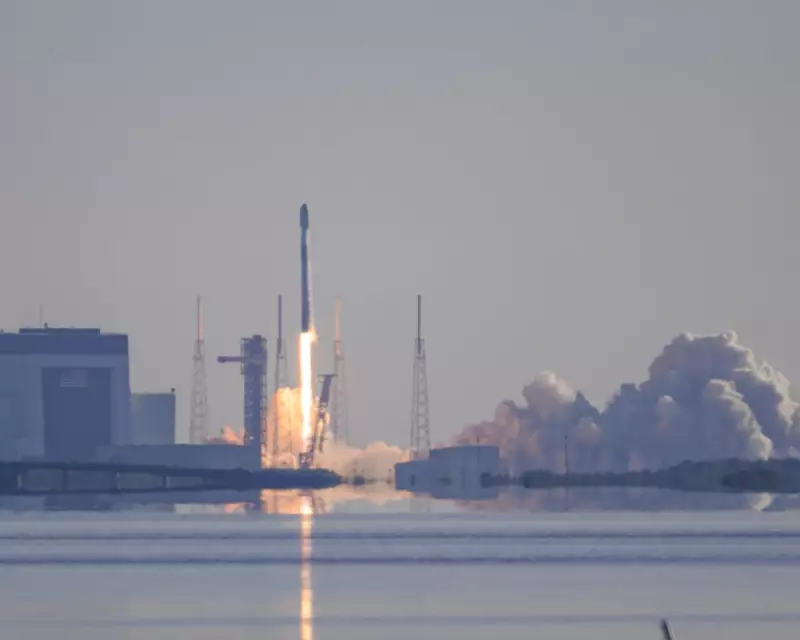
Atmospheric scientists are sounding the alarm over a new environmental threat emerging from the final frontier: rocket launch pollution that could cause severe damage to Earth's climate systems and protective ozone layer.
The rapid expansion of commercial space flights and mega-constellations of satellites has created an urgent pollution crisis that demands immediate international regulation, according to research published in the prestigious journal Nature Geoscience
The Invisible Threat From Above
While most environmental efforts focus on terrestrial pollution, scientists warn that rocket emissions present a unique and growing danger. Each launch deposits harmful particles directly into the upper atmosphere where they can persist for years, potentially altering climate patterns and depleting the ozone layer that protects life from harmful ultraviolet radiation.
Dr. Eloise Marais, study co-author and physical geography expert from University College London, states: "We're witnessing exponential growth in space launches, yet regulation remains dangerously outdated. These emissions accumulate in atmospheric regions where they can cause disproportionate harm".
Staggering Projected Growth
The numbers behind this emerging crisis are alarming:
- Rocket launches have increased by 90% since 2019
- Space industry expansion could see launch rates surge 10-20 times current levels
- Mega-constellations requiring thousands of satellites pose particular concern
- Re-entry of spacecraft creates additional pollution from vaporized metals
Regulatory Vacuum
Currently, no international regulations specifically address the cumulative atmospheric impact of rocket emissions. Scientists describe this as a "regulatory vacuum" that leaves Earth's upper atmosphere vulnerable to uncontrolled pollution.
The research team calls for:
- Immediate environmental impact assessments for all space launches
- International cooperation on emission controls
- Transparent monitoring of space industry pollution
- Development of cleaner propulsion technologies
As Dr. Marais emphasizes: "We have an opportunity to address this issue proactively rather than waiting for detectable environmental damage. The space industry shouldn't repeat the same mistakes as other sectors that ignored early warnings about atmospheric pollution".
With the space economy projected to grow exponentially in coming decades, scientists urge policymakers to establish protective measures before irreversible damage occurs to our planet's delicate atmospheric balance.





